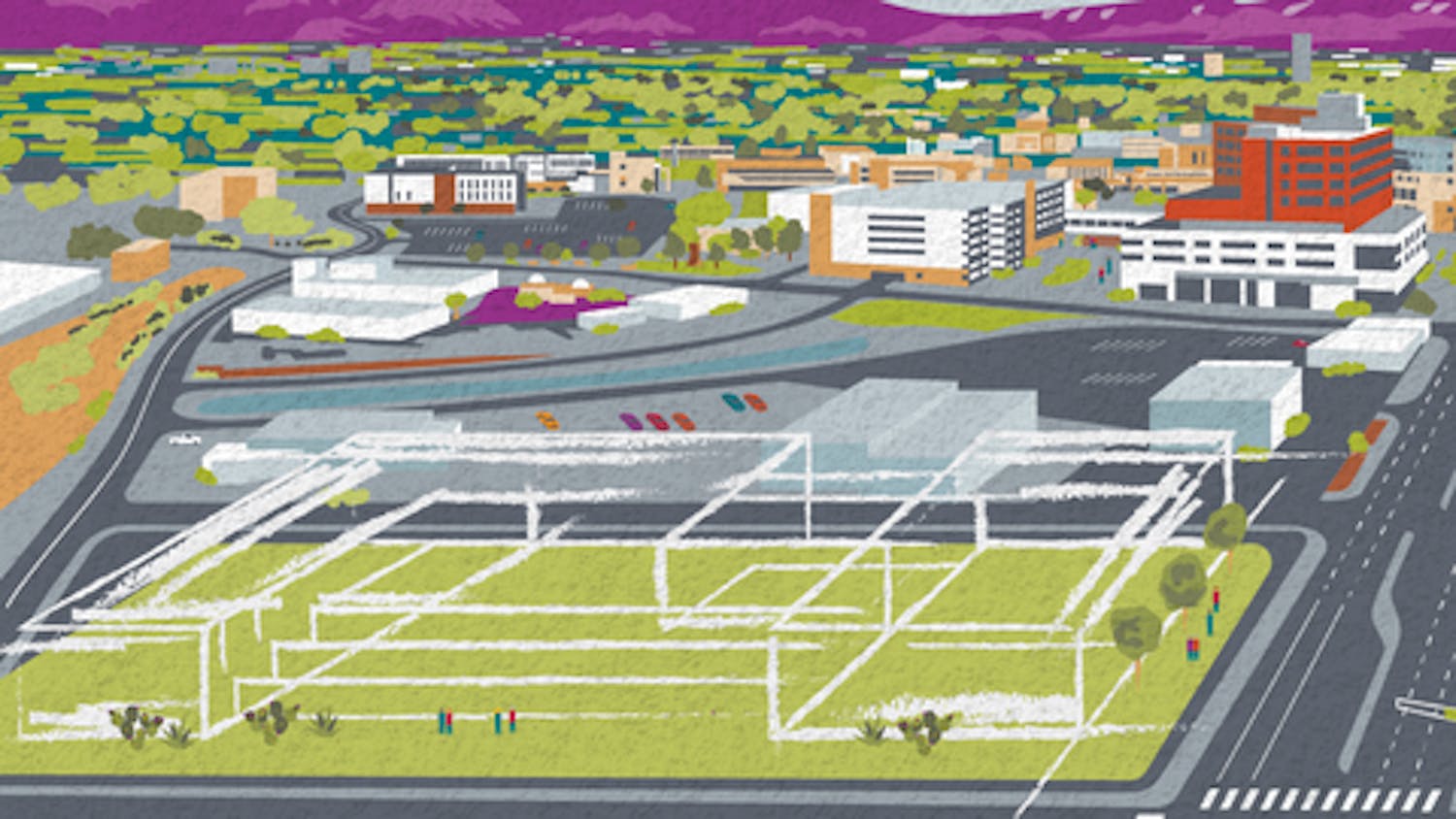The UNM Board of Regents does not have a complacent history with the Open Meetings Act when it comes to presidential searches - and with the new search underway, it will need to stick to the letter of the law.
Bob Johnson, executive director of the New Mexico Foundation for Open Government, was directly involved in the last two presidential searches, the last of which included legal action against UNM by the watchdog group that resulted in the search being stalled for nearly two years.
"The UNM Board of Regents has a history of secrecy," Johnson said. "They are the bosses of the biggest state institution and they love their power and their prestige and think whatever they say goes."
Johnson said that the board didn't announce the committee's change until nine days later. Then, the search committee interviewed five candidates in secrecy at a hotel. Later, the foundation and the Albuquerque Journal and Albuquerque Tribune filed a lawsuit against UNM for violating the Open Meetings Act.
He said the court handed down a consent decree where the regents agreed that the names of the candidates would become public if interviewed by two or more of the search committee or regents, whether it was in sequence or simultaneously. Richard Peck was eventually selected as UNM president.
Get content from The Daily Lobo delivered to your inbox
When Peck retired in 1997, Johnson said, the board appointed a search committee that included then-and-current regent David Archuleta and board president Larry Willard.
Johnson said that Archuleta conceived a plan in an attempt to bypass the consent decree from the previous presidential search, where a member of the search committee would take a tape recorder to interview a candidate and play it for the committee - the logic being that only one committee member interviewed the candidate and that the name need not be released.
"When we discovered that, we filed another lawsuit," Johnson said.
State District Judge Theresa Baca ruled against UNM, stating that the search committee had violated the consent decree and that playing the tape for the committee did indeed count as part of the interview.
Baca directed the foundation, the Journal and the Board of Regents to arrive at a settlement on the issue, which, Johnson said, is what ultimately stalled the search for so long.
He said that after the board made a deflated attempt at a meeting, with only one regent present and leaving shortly after the start of the meeting, the he found out that Willard had negotiated to put legislation for an upcoming state Legislature special session, which "as written, would have permitted to name just one finalist."
Rep. Ted Hobbs put forth a bill for the regents to exempt presidential searches at UNM from the Inspection of Public Records Act. Only "finalists," as determined by the regents, would be made public, even if there were only one.
Instead, a compromise bill passed with little opposition that states that state universities and colleges must choose at least five finalists during presidential searches and make their names public.
Johnson said the bill sent an important message to the regents. "It required the University to recognize that the search committee is subject to the Open Meetings Act and made plain that the board made some serious miscalculations," he said.
Johnson added that in a settlement in the court case was finally reached, in which UNM agreed to pay $35,562 in legal costs to the foundation and the Journal.
Two years after the search began, the regents finally selected then-interim president Bill Gordon to serve as UNM president.
Johnson said that the law is clear and the board agreed to it, so he does not see any reason why the regents should deviate from it during UNM's current presidential search.
However, the board already ran into a bit of trouble concerning the Open Meetings Act when last week, the Albuquerque Tribune reported that it violated the act when a regent subcommittee didn't approve a job announcement for the president search and a search firm in an open meeting.
"They claim they didn't know that having this committee meeting is a violation," Johnson said.
He said that it is important that the regents follow the Open Meetings Act because it is the most important educational institution in New Mexico and it must give the public a chance to evaluate the presidential candidates.





